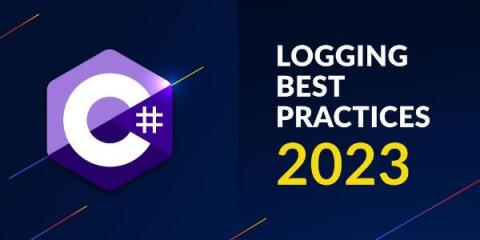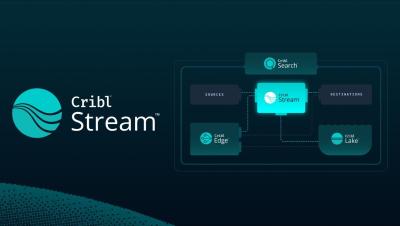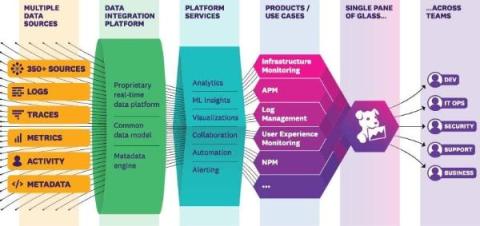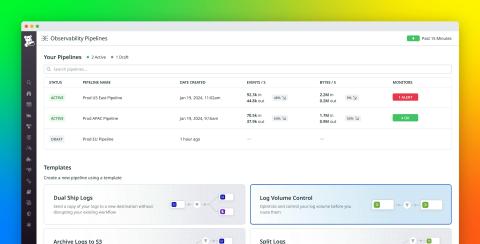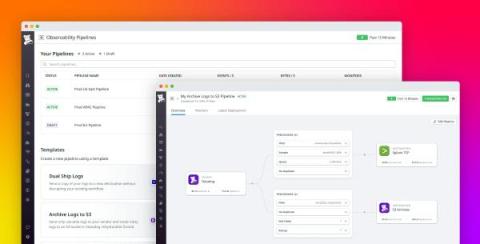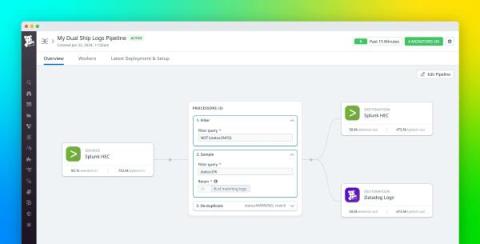C# logging: Best practices in 2023 with examples and tools
Monitoring applications that you’ve deployed to production is non-negotiable if you want to be confident in your code quality. One of the best ways to monitor application behavior is by emitting, saving, and indexing log data. Logs can be sent to a variety of applications for indexing, and you can then refer to them when problems arise.


